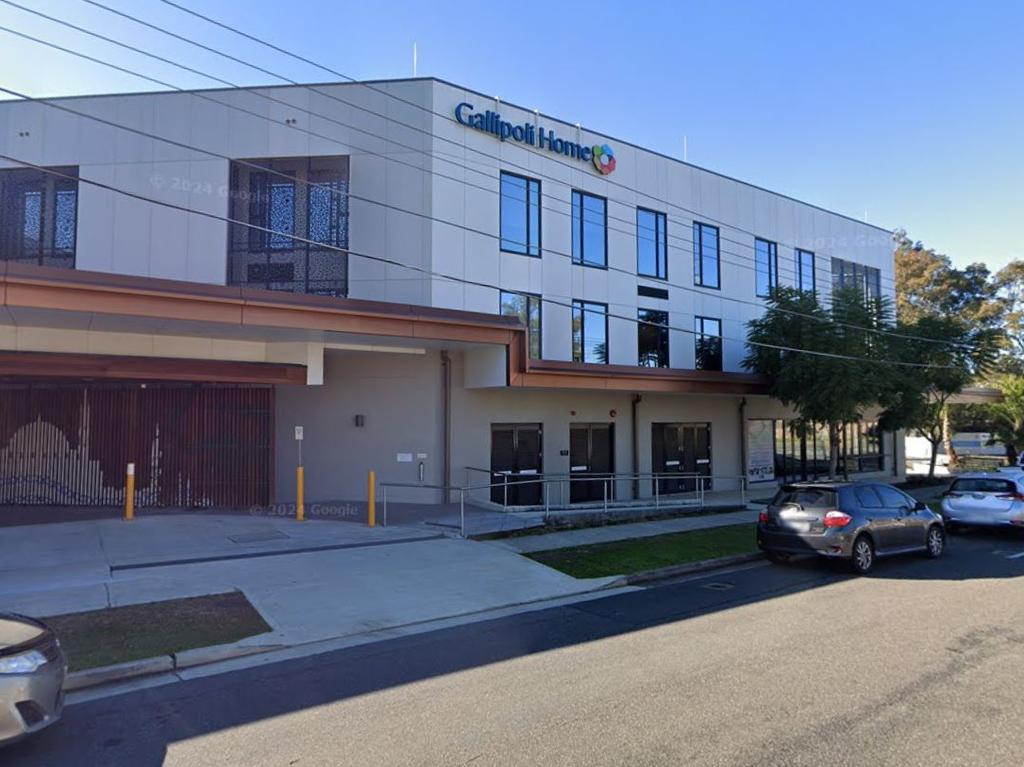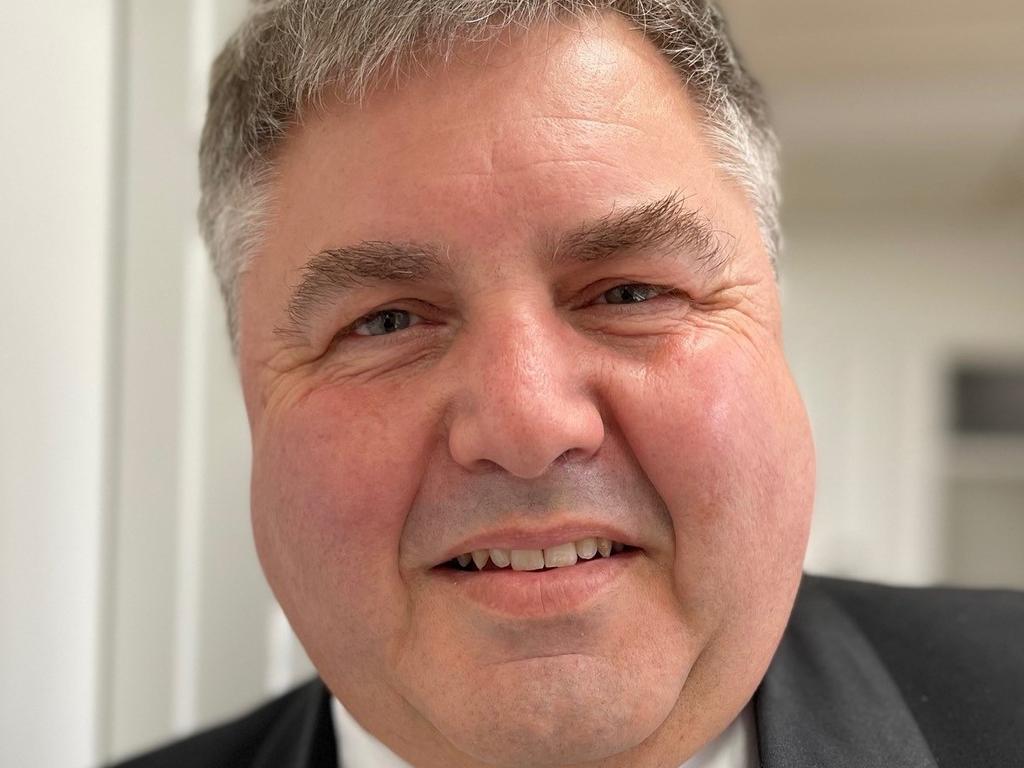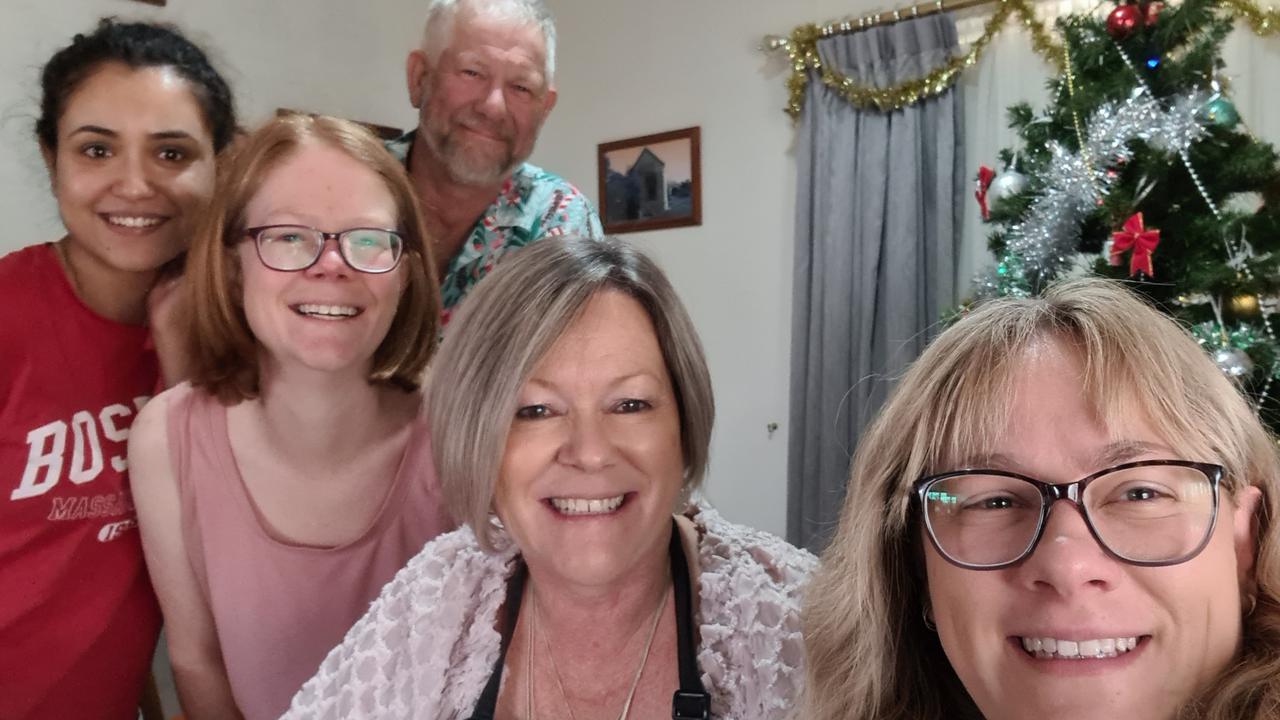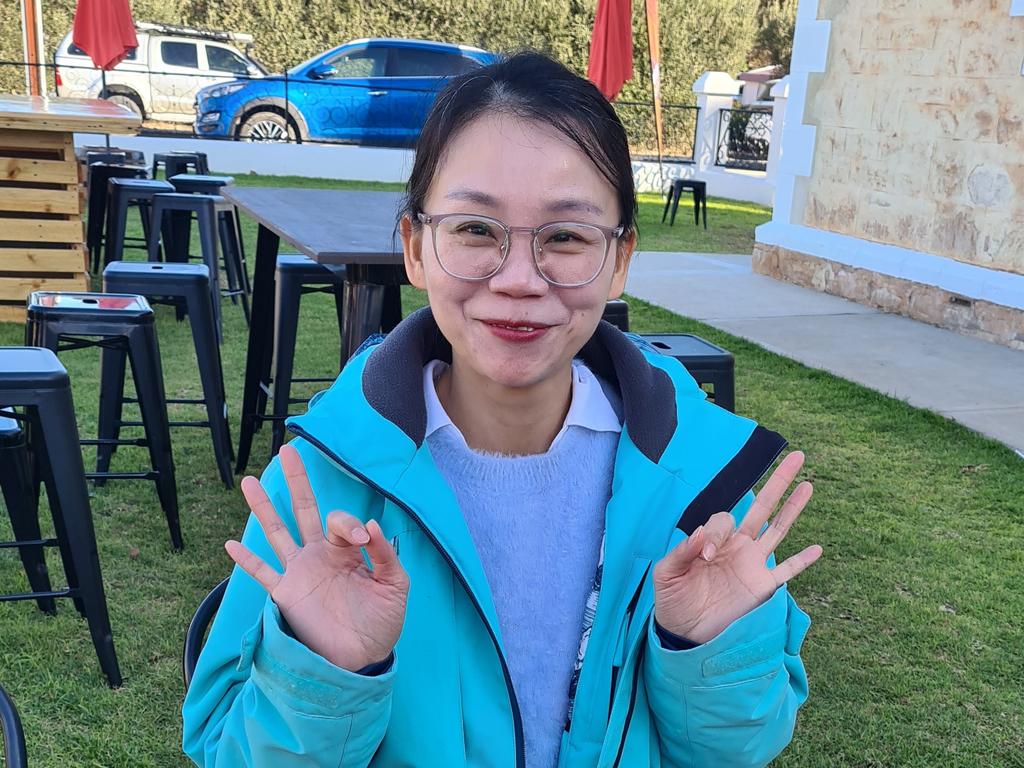NSW aged care residents are not getting enough time with staff, as providers blame shortages
More than half of NSW aged care homes are falling short of care targets as providers blame a severe workforce shortage. See the full list.
Exclusive:More than six in 10 aged care homes in NSW are not spending enough time caring for residents according to the latest figures.
Out of 822 facilities, 518 did not meet one or both of their care minute targets, with some going to extreme lengths to try and recruit amid a workforce shortage.
Others are paying expensive agency fees or flying staff in and out of other sites.
One recruitment agency, Healthcare Australia, is offering gift cards, free travel and accommodation and an hourly rate of up to $150 for nurses prepared to commit to a minimum six-week contract in areas where demand is high.
The competition for nurses has skyrocketed following Labor’s aged care reforms, which stipulate residents should receive an average of 215 minutes of care per day, including 44 minutes of direct registered nurse care, a recommendation of the Royal Commission.
The latest quarterly results covering the period April to June show there was a slight improvement, but 60 per cent of homes are still not meeting either their registered nurse care minute target or their total care minute target.
Watch the video above to learn more about how to choose an aged care home.

In an open letter to providers, Minister for Aged Care Anika Wells issued a warning about performance, saying providers had received a significant uplift in funding since October 2022, to help pay for staff.
Analysis of the data shows residents at Lachlan Lodge in Hillston, west of Griffith, received the lowest number of care minutes with a registered nurse that they were entitled to in the country. However, it was well over its target for overall total care minutes.
While residents at St Joseph’s Aged Care Facility in Kensington, Sydney, received the lowest number of total care minutes they were entitled to in the state, and also did not meet its registered nurse target.
Registered nurse Aneta Piaskowska, originally from Poland, moved to Hillston, 650km inland, to work as Director of Care at Lachlan Lodge.
She said they needed three registered nurses to cover 24/7 shifts, but it was hard to attract people. A new registered nurse from New Zealand is starting in two weeks, which will help boost their nurse care minutes, which are the lowest in the country.
“Small towns are struggling to find nurses,” Ms Piaskowska said.
Search the table and check how your aged care facility performs.
Aged Care Industry Association CEO Peter Hoppo blamed global workforce shortages for why some providers were failing to meet targets. He said the recruitment challenge was not just impacting providers in the regions, but also in the cities, where aged care facilities were competing with other health sectors such as hospitals.
“I have heard of aged care organisations where they’ve arranged for staff from their metro facilities to actually fly up and spend time in a regional home,” Mr Hoppo said.

Rebecca Pacey from the group Infinite Care aged care group, said like many providers they had been working hard to improve care minute performance, which has “necessitated the recruitment of a large contingent of international registered nurse hires at substantial cost”.
In the last 18 months Infinite has hired from the UK, Ireland, India, Philippines, New Zealand and elsewhere.
She said the shortfall of nurses in Australia is set to grow over the next 12 years, with an estimated 79,473 nurses needed to meet demand by 2035.
A Department of Aged Care spokeswoman said there has been a steady increase in care minutes delivered since it became mandatory on October 1, last year.
Analysis of the data shows there is a disproportionately low performance around care minutes in metropolitan areas, even though it is understood that workforce constraints are generally greater in regional, rural and remote areas and despite a 58 per cent increase in government funding since September 2022.

Jenny Deer is a prime example of the extreme lengths aged care providers are going to recruit staff to small Australian country towns.
She is the CEO of an aged care facility, but over the past two years, she’s also had to become a landlady, driving instructor and a taxi driver.
Due to the global shortage of registered nurses, the only way Ms Deer can get a registered nurse to come to Booleroo, 260km from Adelaide, is to hire from overseas.
Because there is no accommodation in town, she has hosted them in her own home.
And with no public transport, she is also teaching them to drive.
For one new nurse from Nepal, whose husband works in Adelaide, she has been driving her to the city on weekends – a three hour journey each way – so they can see each other.
“There are 300 people in Booleroo and no hotel, one shop and we have to make our own social life,” Ms Deer said.

“It is a beautiful place to live, but to keep my staff happy I have had to try and create a community for them.”
Ms Deer had one registered nurse live with her for eight months and another for four weeks. She has recently hired a registered nurse from Singapore, but she still needs more. She’s moved two registered nurses into independent living units, previously occupied by ageing people.
Eventually she hopes to build staff accommodation on site to solve the housing issue.
At the moment, residents at Mt View Homes, a 30-bed aged care facility, get the lowest number of registered nurse care minutes they are entitled to in the state, despite Ms Deer’s admirable efforts.
“I also advertise for nurses on the grey nomad’s page who are travelling through the area, and have got nurses short term that way,” Ms Deer said.




